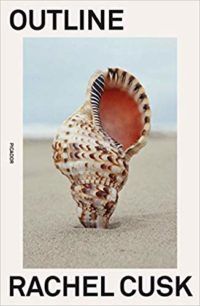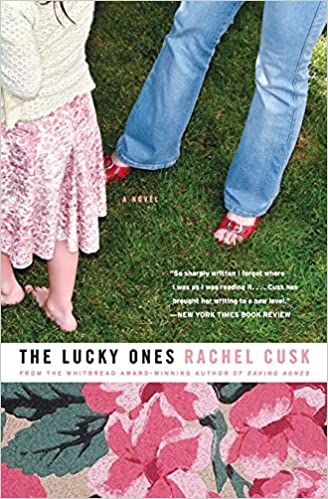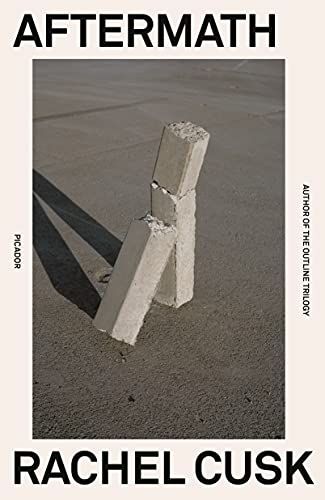Cusk was born in Canada to British parents and spent her early childhood in Los Angeles before moving to the United Kingdom when she was about 7. Her family was both Catholic and wealthy; Cusk was educated at a convent in Cambridge and then attended Oxford to study English. Cusk is not without her detractors. When she wrote A Life’s Work: On Becoming a Mother in 2001, she left the rose tinted glasses firmly on the shelf, detailing the difficulties of pregnancy and the rigmarole of antenatal classes, parenting books, breastfeeding and sleepless nights. She referenced the disintegration of herself in the pursuit of looking after a small baby (while pregnant with a second) — and some of the audience for the book accused her of hating her child. Cusk’s The Last Supper: A Summer in Italy also created trouble for its author. A summer in Italy with her family was intended to be a relatively harmless travelogue, but early editions were pulped when someone recognised themselves and threatened to sue Cusk for libel. Cusk has something of a reputation for being too interested in herself, and for being both angry and negative — reputations that never seem to fall on the shoulders of men who write difficult memoirs. Her 11 novels and four works of nonfiction have their thumbs in many pies and it’s hard to know where to begin and how to find a way through if you’re brand new to her. Here’s my suggestion for a Rachel Cusk reading pathway. Cusk isn’t for everyone; the criticism levelled against her come from the strong emotions that she originates in her readers. To a large extent she suffers from existing as a female writer telling hard truths. People who read her have variantly sought some sanitation from her, insisting that she is too negative, too angry, too cruel. But good writers create big emotional responses — and memoirists like Cusk shine a rather narcissistic light on themselves, pulling apart the pieces for clinical examination. She is, without question, one of the most interesting writers around today.


